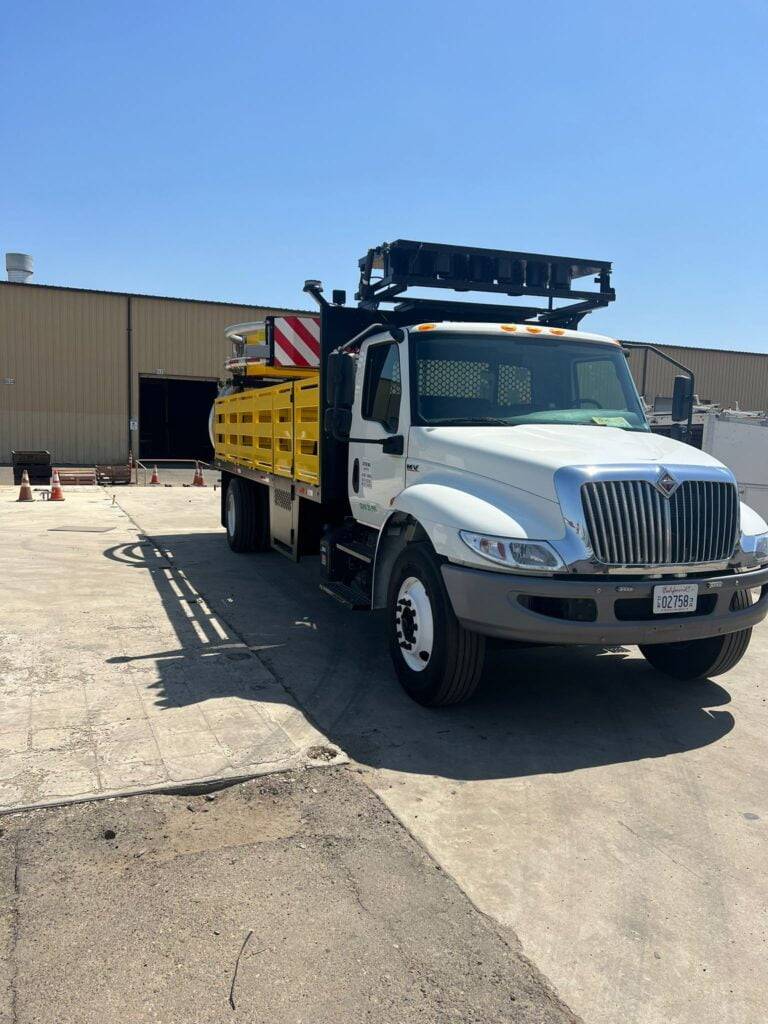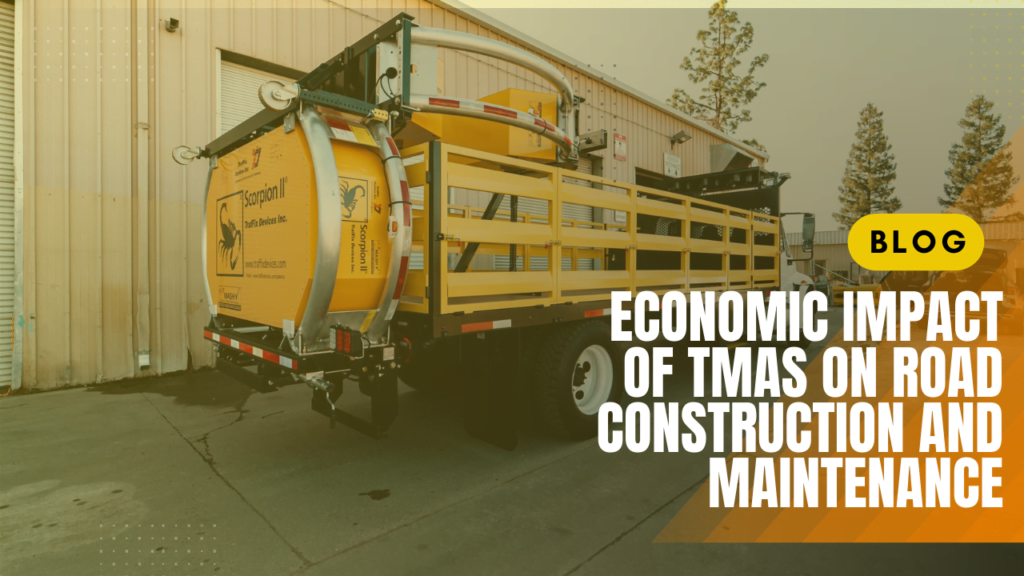Introduction
Economic benefits of Truck Mounted Attenuators (TMAs) extend beyond their primary purpose of ensuring safety during road construction and maintenance. TMAs significantly impact the financial aspects of these operations by reducing costs associated with accidents, traffic disruptions, and liability claims. This article explores how TMAs contribute to safer and more economically sustainable construction practices.

Cost of Road Accidents
Road construction zones are high-risk areas for accidents, and the costs of these incidents are staggering. Medical expenses, legal costs, and productivity losses quickly add up. Implementing the economic benefits of Truck Mounted Attenuators in these zones mitigates these risks by absorbing collision impacts, significantly reducing direct and indirect accident-related expenses.
Investment in TMAs: A Cost-Benefit Analysis
While the initial cost of TMAs may seem high, their long-term financial benefits far outweigh the investment. Reduced accident frequency and severity lead to fewer work stoppages and lower insurance premiums. These savings allow companies to redirect funds to innovation or other essential areas, creating a virtuous cycle of safety and efficiency.
Reduced Traffic Disruption
TMAs play a vital role in minimizing traffic disruptions around construction zones. By preventing severe accidents that cause major delays, TMAs reduce economic losses from fuel consumption, lost productivity, and delayed deliveries. This efficiency benefits not only construction companies but also motorists and local businesses.
Impact on Insurance and Liability
The presence of TMAs directly influences insurance costs for construction companies. Reduced risk of costly accidents often leads to lower premiums. Additionally, TMAs demonstrate a proactive approach to safety, which can favorably affect liability determinations in legal cases, saving companies substantial sums in settlements and legal fees.
Long-Term Savings and Reputation
Beyond immediate financial benefits, TMAs help build a reputation for safety and reliability, attracting more business opportunities. Companies known for prioritizing worker and motorist safety are more likely to win contracts and foster public trust. These factors contribute to long-term profitability and sustainable growth.
Conclusion
The economic benefits of Truck Mounted Attenuators are undeniable. These devices save lives, reduce costs, and improve overall project efficiency. For road construction and maintenance companies, investing in TMAs is both a safety imperative and a smart financial decision. Explore how integrating TMAs into your operations can provide unmatched economic and safety advantages.




